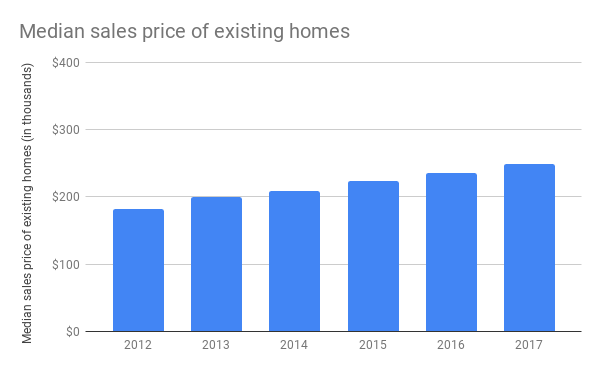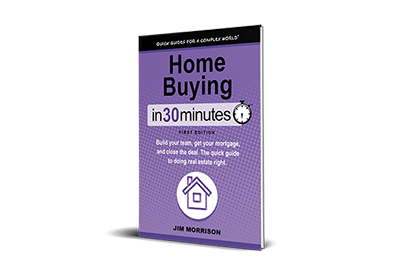As I explained in Chapter 4 of Home Buying In 30 Minutes, few first-time homebuyers are able to buy a house or condo in an all-cash deal. Typically, a young couple will be able to afford a relatively small down payment (say, $20,000) and pay the remainder of the cost of the home (say, $200,000) using a type of bank loan called a mortgage. This post describes mortgages and requirements related to mortgages.
Second-time homebuyers moving into a larger home will be able to pony up larger down payments through the sale of their smaller first home, but will still need to take out a new mortgage (after paying off the remaining loan amount from the mortgage on the first home). If you are a downsizing empty-nester, or moving from an expensive market to an inexpensive market, you may be able to pay for the cost of the new home through the sale of your old home, maybe even with some cash left over!

Signing mortgage documentation
When planning to take out a mortgage, be prepared for banks to look at your credit score, recent tax returns, bank account statements, and pay stubs. They want to have confidence that you will be able to make the monthly payments, and may say “no” if they see something in your application that gives them pause.
If your home buying plans are still a few years out, you have some time to consolidate credit card debt, pay off some past-due utility bills, and reduce luxury purchases, which will positively impact your credit score. To see potential problem areas and correct errors in your score, request a copy of your credit report (free in many states) from one of the major credit bureaus: Experian, Transunion, and Equifax.
Remember that there may be other monthly costs associated with the purchase that can significantly impact your finances. They include local property taxes charged by the city or town, which can often be added to monthly mortgage payments. Other costs include fees charged by condo associations and planned communities, and certain types of insurance. These costs will vary according to the home you choose to buy and local factors.


